Early child Education-all you need to know.
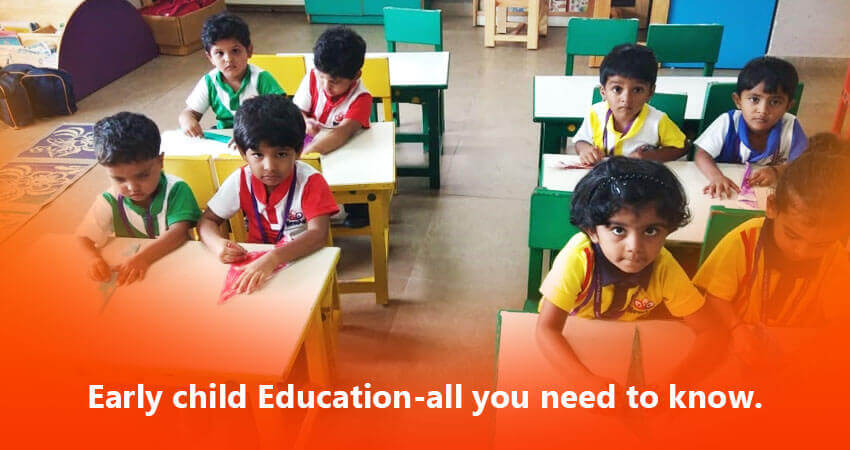
Early Childhood Education focuses on the early stages of a child's learning. Educators in this field work with students under the age of 5, helping them grow emotionally, physically, and intellectually during their formative years. Early childhood education programs include any type of educational program that serves children in the preschool years and is designed to improve later school performance.
Early childhood education is a broad term used to describe any type of educational program that serves children in their preschool years, before they are old enough to enter kindergarten. Early childhood education may consist of any number of activities and experiences designed to aid in the cognitive and social development of Pre Schoolers before they enter elementary school.
How and where early childhood education is provided can be very different from one state to the next – or even from one school to the next within the same state. Preschool education programs may be designed specifically for either three-, four-, or five-year olds, and they may be provided in childcare and daycare or nursery school settings, as well as more conventional preschool or pre-kindergarten classrooms. These programs may be housed in center-based, home-based, or public school settings, and they may be offered part-day, full-day or even on a year-round schedule to include summers.
Parent involvement helps extend teaching outside the classroom, creates a more positive experience for children and helps children perform better when they are in school. It is essential for parents to support the learning that happens in preschool settings at home as well.
When parents are involved in their children's education, children are more engaged with their school work, stay in school longer, and achieve better learning outcomes. This also translates into longer-term economic and social benefits.
There is clear evidence that parents can and do influence children. There is equally clear evidence that children's genetic make up affects their own behavioral characteristics, and also influences the way they are treated by their parents.
Today’s parents are more involved than they’ve ever been with their children’s development.
Except for when it comes to preschool.
Many parents drop their kids off in the morning while the teachers take over, and then pick them up at the end of the day without giving their learning much more thought.
To get the true benefits from early childhood education, however, parents need to consider how they can support what their children are learning throughout the day.
Some of a child’s most important cognitive development happens during their preschool years. By taking an active role in the early childhood education process, parents can help ensure that their child has all the support they need to develop to their full potential.
Parent involvement helps extend teaching outside the classroom, creates a more positive experience for children and helps children perform better when they are in school.
It is essential for parents to support the learning that happens in preschool settings at home as well. Parents who are in tune with what is happening in their child’s preschool classroom or child care facility are better able to establish a connection between what is learned at school and what takes place in the home. This connection is a key component of a child’s development and supporting further learning.
Not only does family or parental involvement help extend teaching outside the classroom; it creates a more positive experience for children and helps children perform better when they are in school.
Parent involvement in early childhood education can extend the experiences that a child has in the classroom to real-world activities that happen in the home. A parent who understands what their child is working on at preschool has a better sense of their child’s competency and which areas they need to work on to improve confidence and ability.
One of the most difficult challenges for early childhood educators is figuring out how to better engage parents in their child’s learning. By establishing good lines of communication between your child care center and parents, as well as making a strong effort to involve parents as an important partner in their child’s education, you can make a positive impact on their learning ability.
Conclusion
Studies show that when parents are actively involved with their child’s early childhood education, they are more likely to stay involved when their child enters elementary school. By encouraging parent participation in your child care center, you can help support children beyond their early years and make their families an important part of their education well into the future.

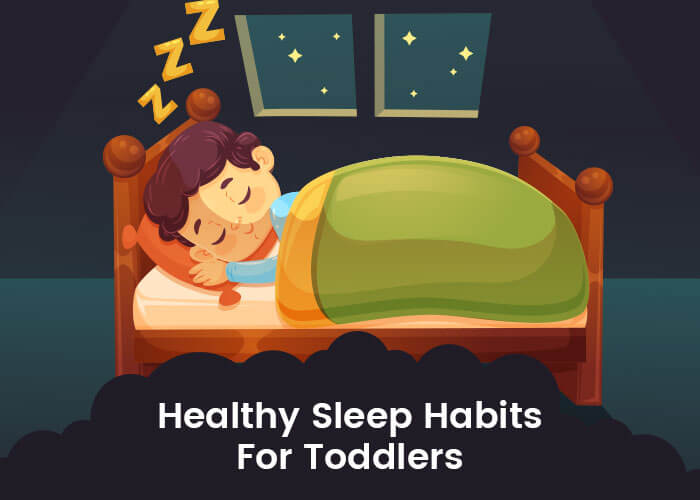
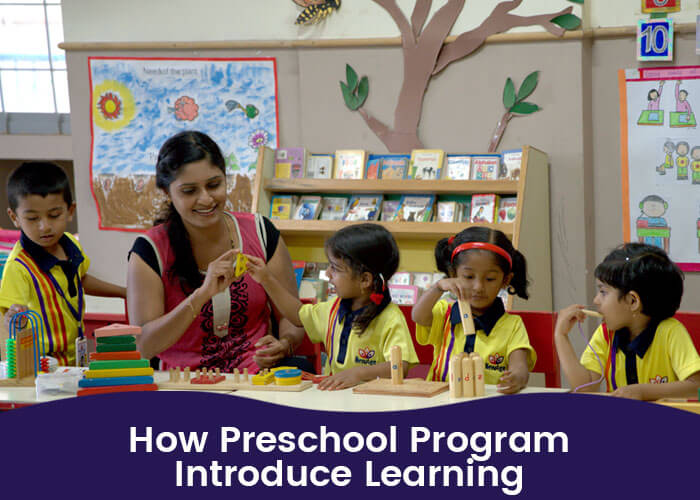
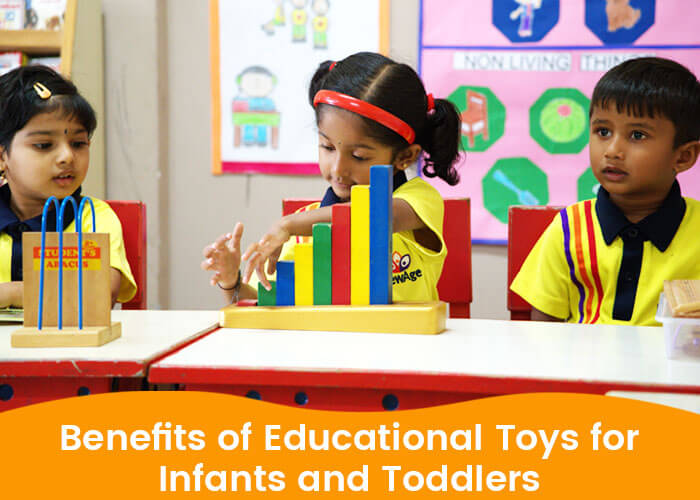
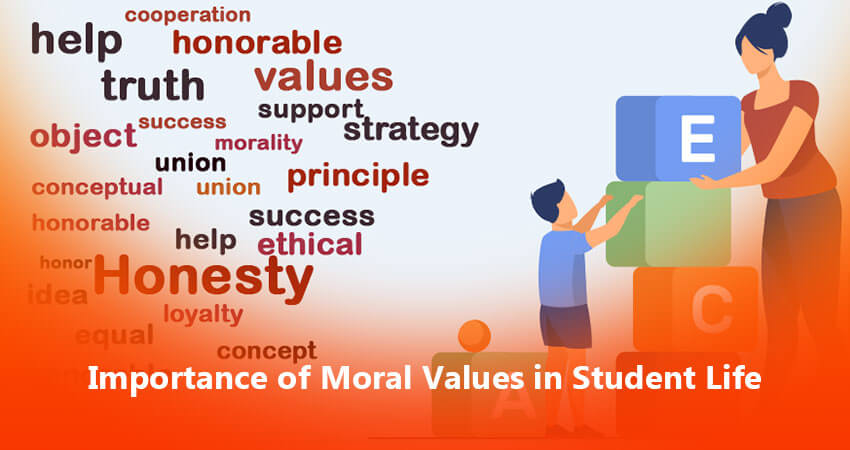
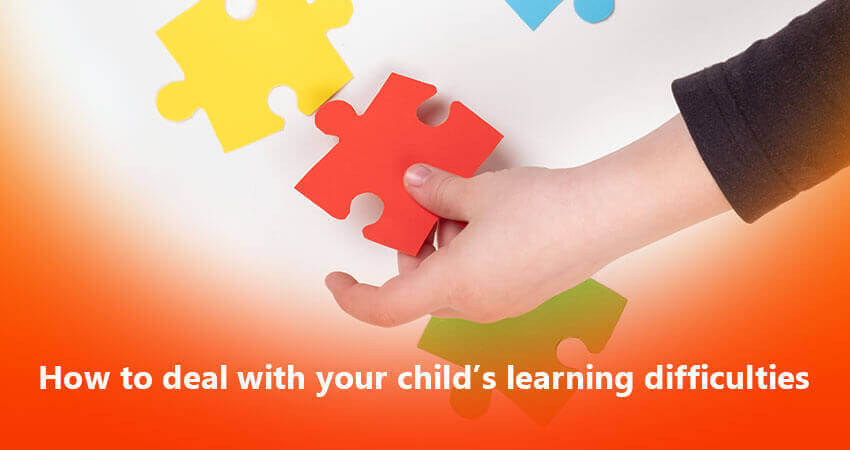
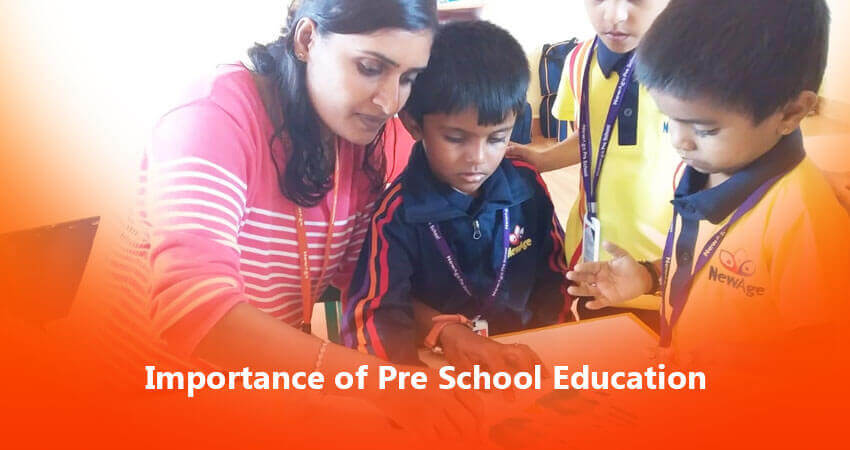

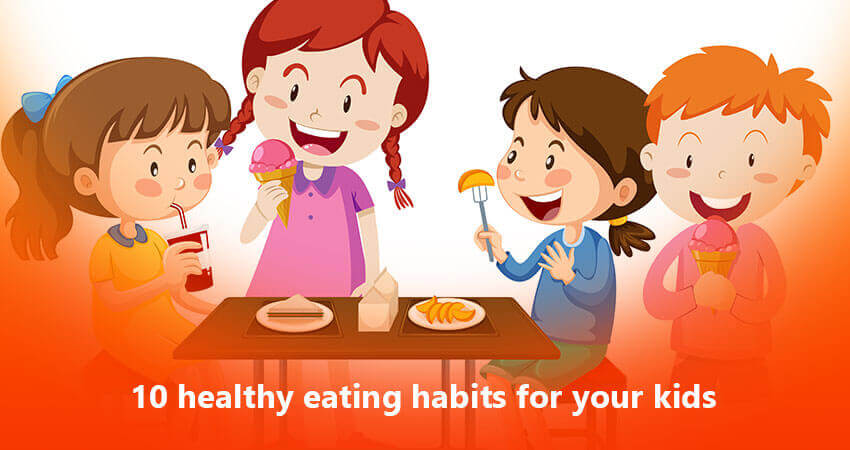
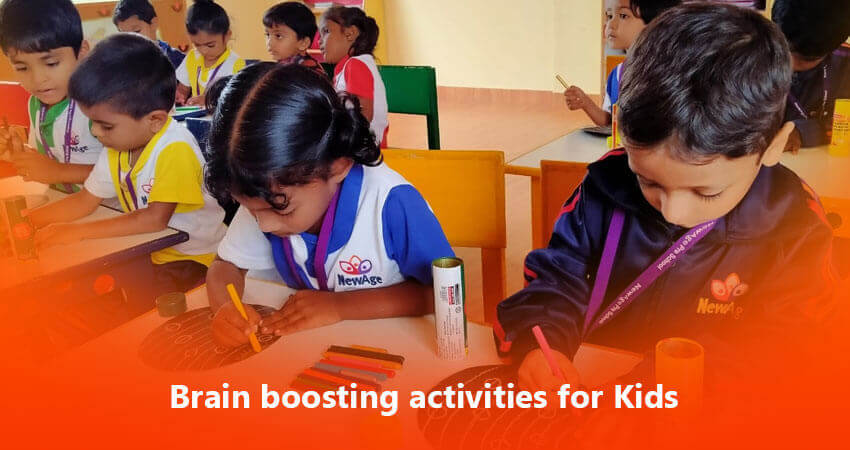
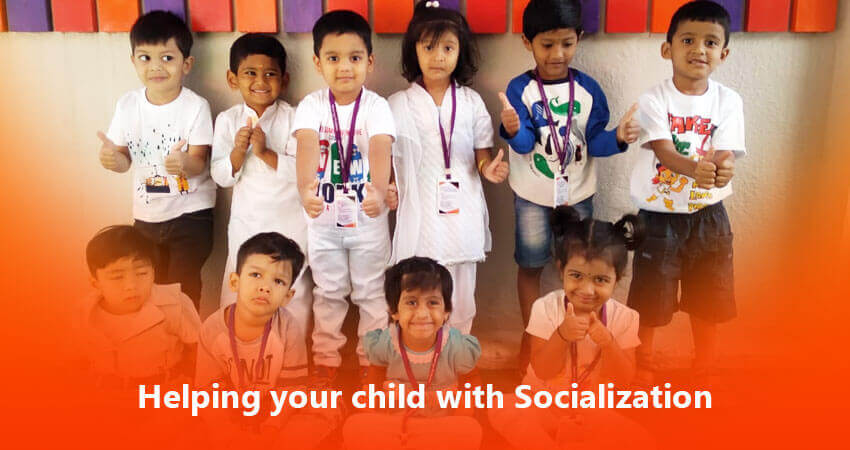
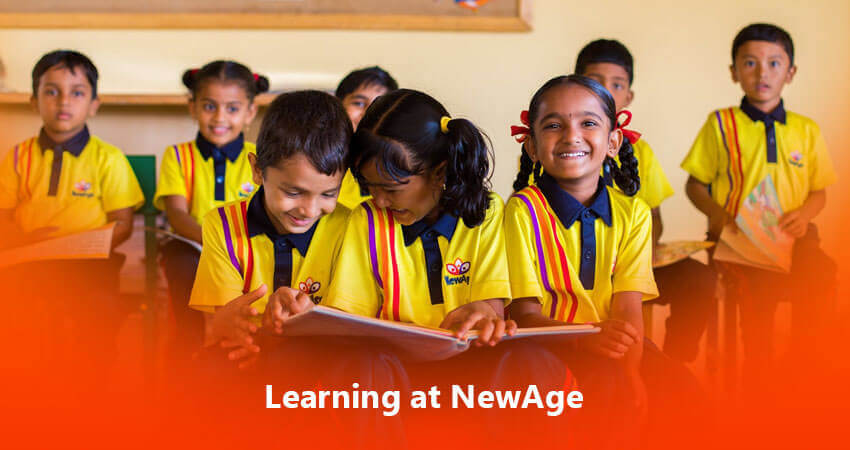
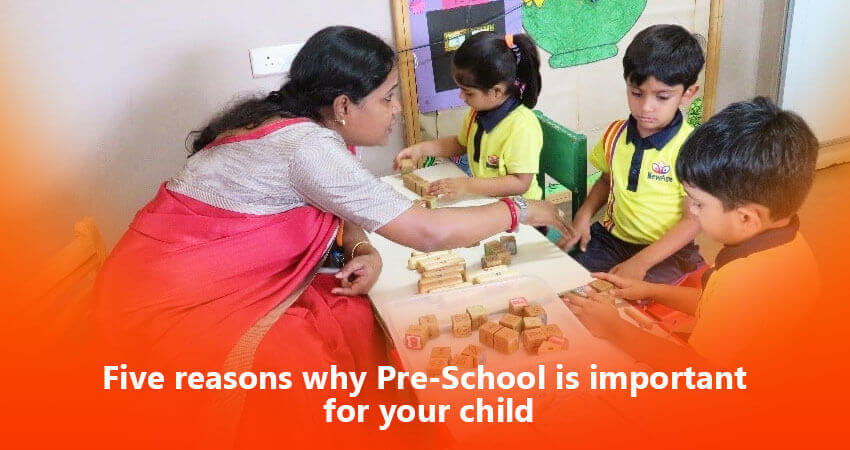
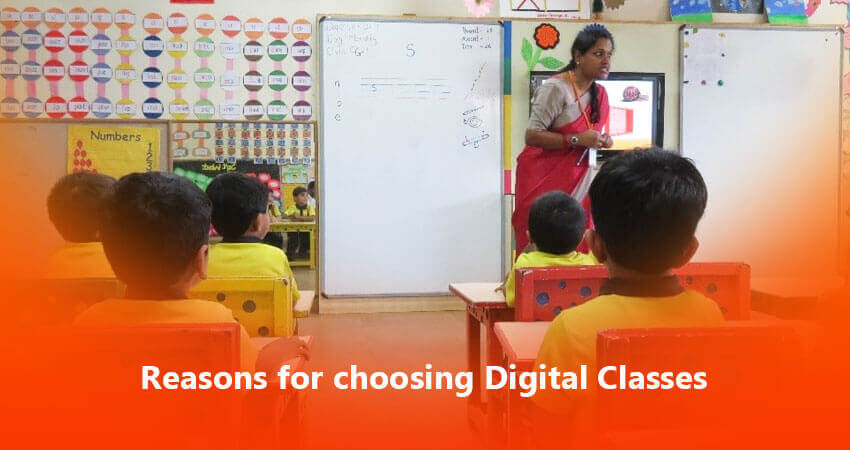

Leave a Reply
Your email address will not be published. Required fields are marked *
Comments
No comments available